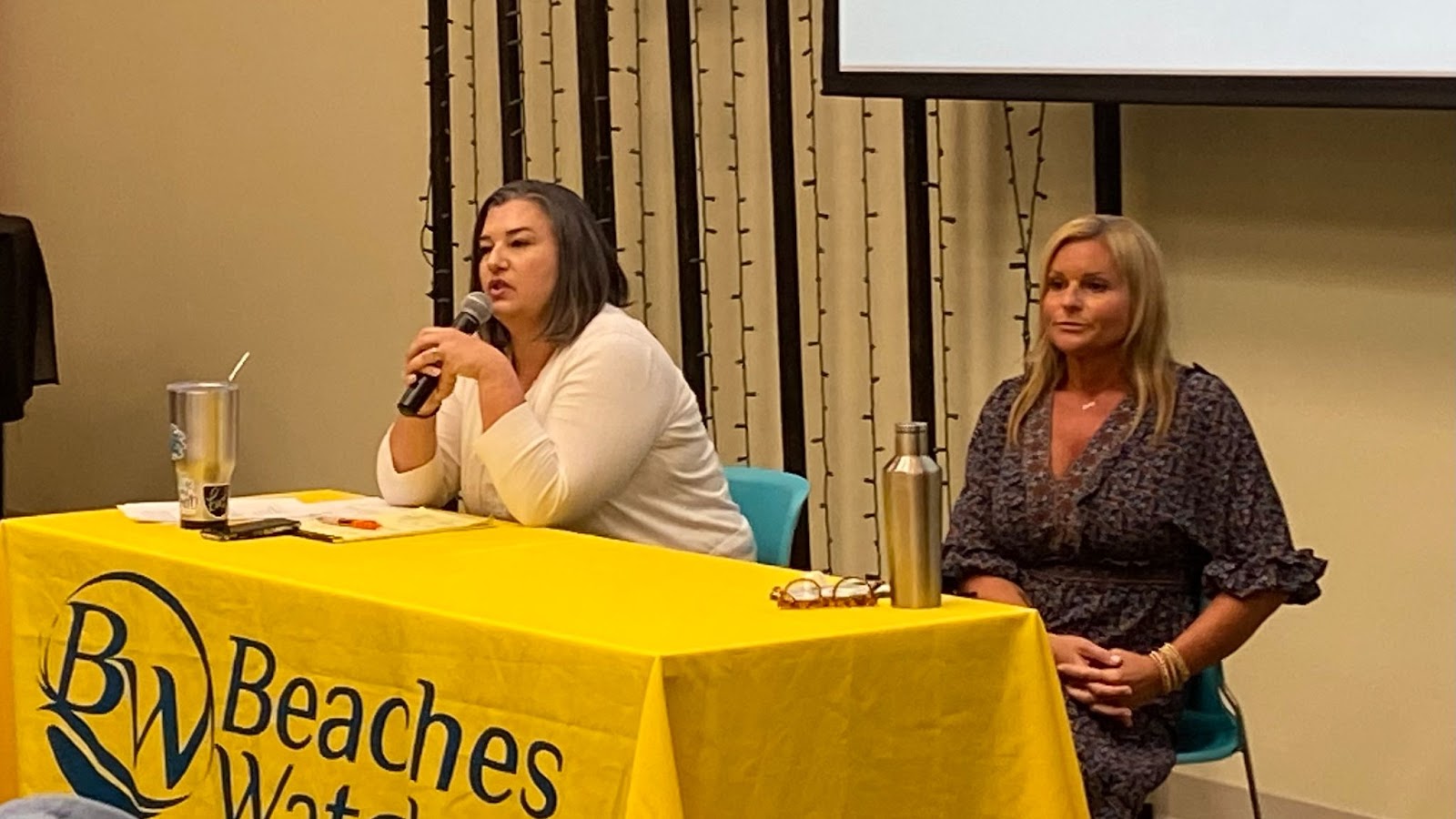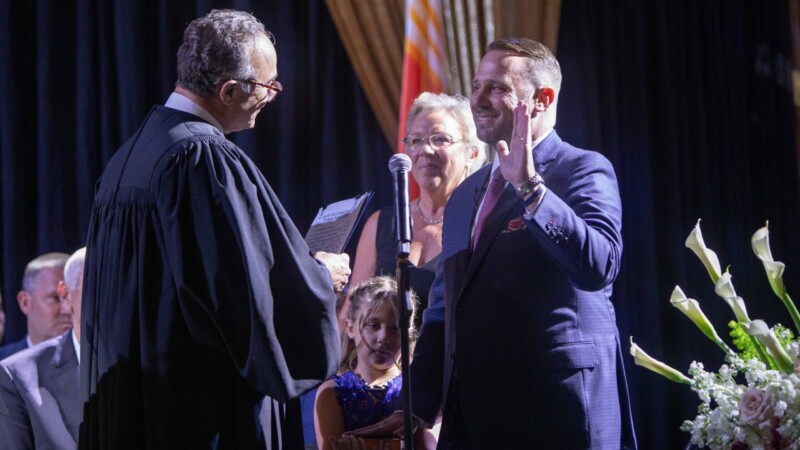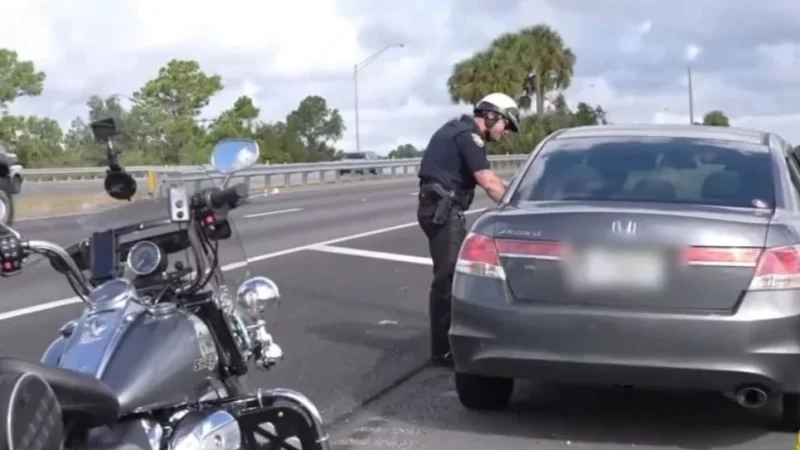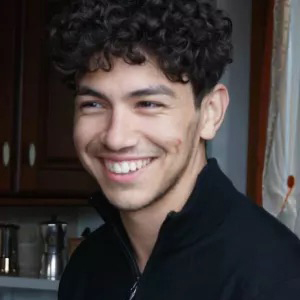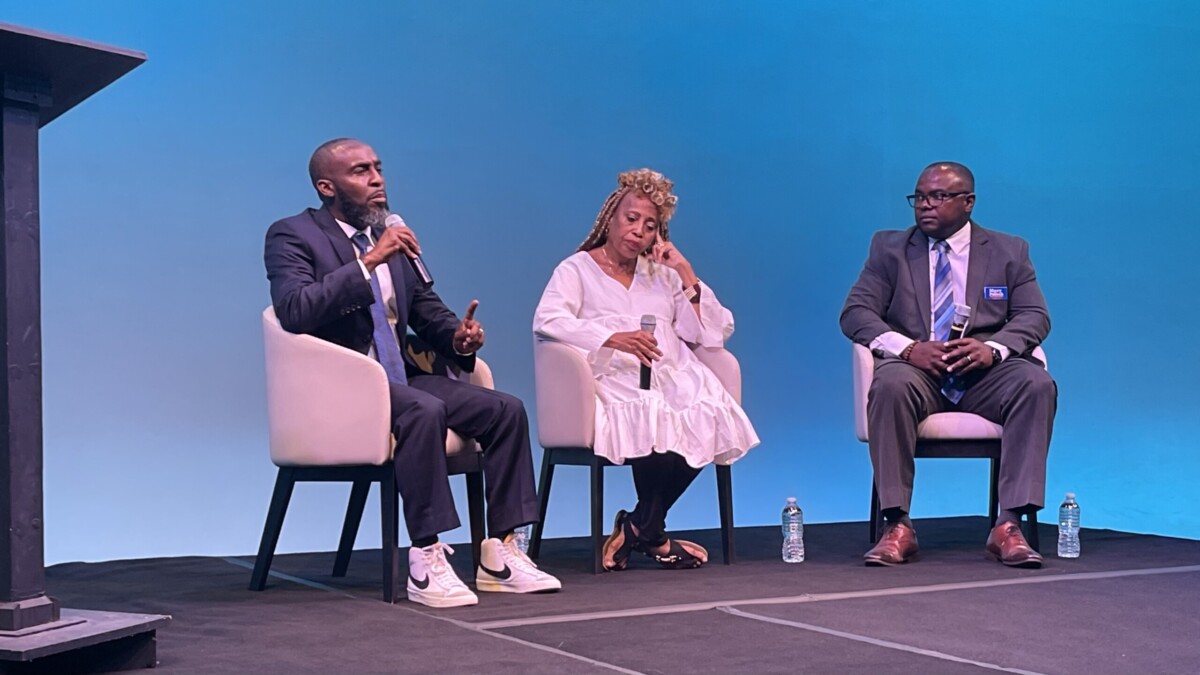Two candidates are running in Duval County School Board District 2, a non-partisan race. The August race, which would normally serve as a “jungle primary” to narrow the field, will decide who takes the seat. The district covers the Beaches portion of Duval County.
Meet the candidates
Candidates are presented in alphabetical order; answers are from the candidate forum hosted by Beaches Watch on August 3. Watch the full town hall here.
Elizabeth Andersen
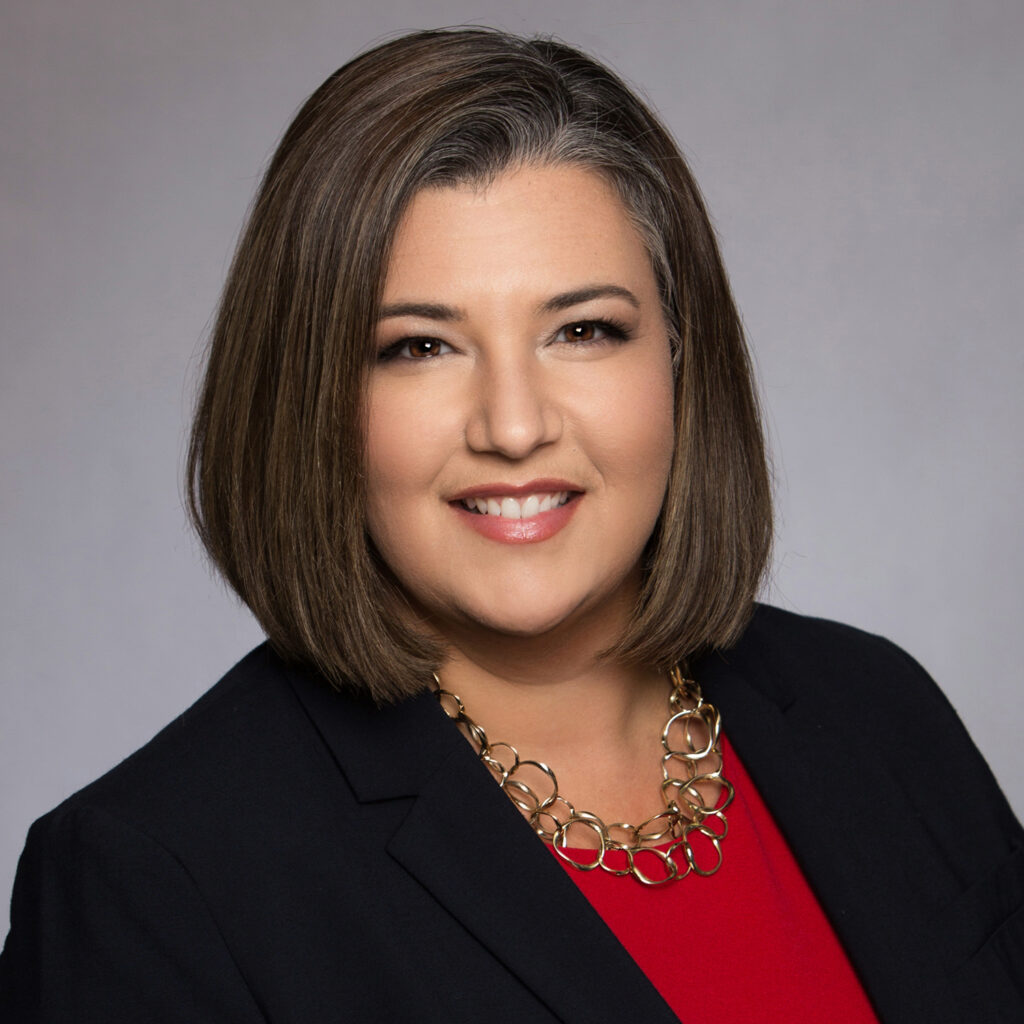
Candidate bio: Elizabeth Andersen is the District 2 incumbent, having served on the school board for four years, including a stint as chairwoman in 2021. Andersen was a teacher in the DCPS school system before becoming a mental health counselor specializing in children, a role she still practices. Anderson is endorsed by the teachers’ union and the mayors of Jacksonville Beach, Atlantic Beach and Neptune Beach.
Why she’s running for school board: “I ran in 2018 because I wanted to take care of our kids, and it was right after the Marjory Stoneman Douglas massacre. I knew that what we needed to do is have conversations about how to better meet the needs of our children, both developmentally and academically. That mission, that goal, that ‘why’ for me, hasn’t really changed.”
“Our public schools and our education system is under attack. You have classrooms that are crippled with culture battles. And I think that we need to be setting the politics of these things aside because our kids depend on us to do that. I grew up here. I graduated from a public school. I’m happy to call Duval and Jacksonville my home, and I want to continue to make sure that we have the same shared vision moving forward, and that we can make sure that our children are thriving because they are the future of this community.”
On top issues facing District 2: “First and foremost, we have set a strategic plan. Those goals were set through community listening sessions all around Duval public schools. The top issue needs to be the performance of our schools, our students need to be learning, they need to move up in their literacy rates, and we need to make sure that they are well educated.”
“The second issue we need to make sure that we are facing or tackling is making sure that our students are safe. That our students are safe physically, they’re also safe emotionally, and when they come into our buildings, they feel secure.”
On local control versus state control: “When the Legislature comes in and removes local control from our school districts, it strips your voice. Your voice is through your local officials. It’s concerning across the state, when someone comes in with a one-size-fits-all political agenda that’s supposed to fit Duval and Tallahassee and St. Johns County and Miami-Dade. That’s not here to represent you.”
“I think that the state’s responsibility should really be oversight of the broad topics, and then locally, we should be able to make nuanced decisions about how to spend our money, how do we best take care of our local needs, based on our local communities and the things that we are seeing?”
On school safety: “I am not a proponent of arming teachers. Our teachers have a lot on their plates. They have a difficult job to do, which is taking care of and educating our children. They don’t get paid enough for that. They certainly don’t get paid enough to run down an active assailant. I think what is better for us to do as a school system is to make sure we are addressing the emotional needs of our students and not asking our teachers to take one more burden. We can do a better job with early intervention and prevention measures.”
“‘Hardening’ our schools is a term that I am not a fan of. I don’t think that schools should be hard places, I think that schools should be warm, soft, welcoming places. Too many of our children need a soft place to live. You know, 1,000 of our kids are in foster care. Thirty-four thousand of them are homeless. The variety of situations that children walk into our buildings with, some of us can’t even fathom. Continuing to militarize our schools, to ‘harden’ our schools, is not healthy for children. This is not good for their psychological development.”
On student mental health: “Out here in District 2, our schools are supported by the Beaches Resource Center… those are not Duval County Public Schools employees. I don’t think they should be DCPS employees.”
“Our job is to contract with outside providers who are trained as an expert in this field who do not report to the district. This is really important, because I’ve done this work. You do not want mental health counselors that are under the thumb of the school district. We do not want to have expectations of these counselors that need to provide really important mental health services to our children employed by the school district. The healthiest way for us to help students is to partner with communities and community programs that already exist.”
On teacher retention and recruitment: “Our district is doing quite a bit to try to improve the teacher recruitment. We have really expanded recruitment options out of state. We’ve had a wage compression issue that’s happened over the last couple years, and we need to be able to retain our most experienced, highly effective educators who won’t see a salary increase for 15 years. That’s unacceptable. We know that this is an issue that gets bargained with our union.”
“I think another thing that we need to be really thoughtful about as a community, certainly as a board, is the way that we talk about teachers. Unfortunately right now we have people who come to our meetings and continue to spread misinformation about the work that our teachers do. They denigrate and degrade them and they treat them like they are not professional educators that deserve more respect, they do the most important work of taking care of our children for seven to 10 hours a day.”
On the proposed millage increase: “75% of that will go toward public school teacher salaries, 12.5% would be charter school teacher salaries, and 12.5% of is set to be invested in revamping and revitalizing arts and athletics programs. A big part of why it’s so important is because of the wage depression we’ve experienced and wanting to make sure that you have a team of highly qualified, highly effective educators, and those folks are being compensated adequately for their professional experience.”
“The millage that was just approved, 3.2, that is a rollback of the required local contribution, the state tells us what we have to contribute to participate… If we want to get money from the state then Duval County has to contribute 3.2 mills to that fund; we don’t have discretion about that, we can’t raise it or lower it. Ten years ago that number was 5.4 (mills), so even if we approve this referendum we will still not be back to the same rate that we were 10 years ago.”
April Carney
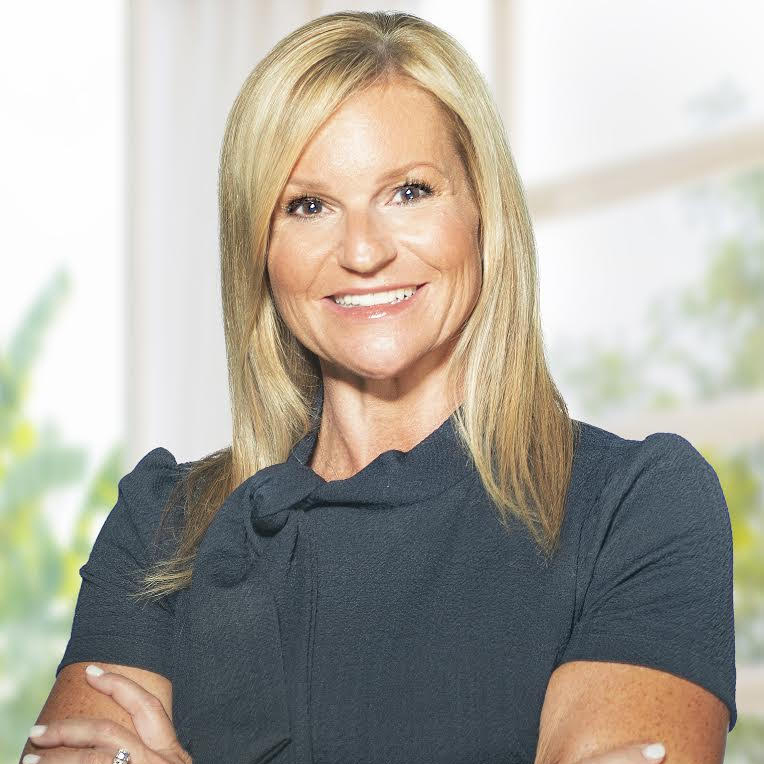
Candidate bio: A business owner and nutrition coach, April Carney describes herself as a “common sense conservative.” She has experienced the Duval County school district as a parent with kids in public schools, as well as through homeschooling. She is endorsed by Moms for Liberty and Gov. Ron DeSantis.
Why she’s running for school board: “My children, and the fact that I am fully invested in this community. I understand the unique fabric of the Beaches community. I live here, I’m an active member, I am a small business owner here. And I live where I’m going to retire.
“I have such a passion in my heart for the future of our community. The children that are coming out of our local public schools here in the district are the future leaders of our community. And we need to be taking care of them and teaching them not only what a great community Jacksonville is, but what a great country ours is.”
On top issues facing District 2: “Fiscal responsibility with Duval Public Schools. Duval County Public Schools has the largest budget in the city of Jacksonville. And we’re spending a lot of money not in the right places. Just two years ago, when we reopened for COVID, I had to start a GoFundMe account to raise money at Neptune Beach Elementary for hand sanitizer. Why, with a $2.1 billion budget, do parents have to raise money for a safe place for our children and our teachers to be? I shouldn’t have to raise $3,000 and ask parents to help out when we’re trying to reopen schools when we’re getting funding from the federal government to open.
“Number two, is discipline in the classroom. We’ve lost 512 teachers this year. Only nine of those teachers complained about salary. The rest of those people that were leaving were due to personal reasons and stress. We are living in a world where we have a lot of interesting things going on right now. And I understand that we’re in tough times. But a teacher cannot educate our children if there’s constant disruption in the classroom. Our children need to know that life is about consequences, good or bad.”
On local control versus state control: “I think that our School Board is making a lot of decisions, I think that’s why we’re seeing such an outpouring of the community coming to School Board meetings in the past two years. As far as decisions being made, talking about what’s coming from the state, I think that maybe it looks like the board is under a little bit more pressure because our State Board of Education is giving more power to parents, it’s actually been a good thing in my perspective.
“I believe that the state should be an overall umbrella. As far as curriculum is concerned, I think that it needs to come from the top down, because at the end of the day, we will be performing as a state. On the local level, I would like to see a lot more collaboration between the local districts and the parents, and right now that’s not happening. We’re not being heard, we’re not being listened to. I would like to see a lot more parent involvement with our local district, I think it’s imperative. A child cannot thrive without the relationship between a parent and a teacher, and if we do not embrace that as a board, then our district is lost.”
On school safety: “We need to be taking care of our law enforcement officers on school grounds. If they need reinforcements from trained staff, whether it be a retired veteran, or a parent, or a teacher that needs to be there to protect our students, I’m all for it. Because there’s nothing worse than having school infiltrated and having an entire population be sitting ducks. There is no better solution to a bad person with a gun than a fully trained good person with a gun.”
“I think that when parents drop their child off to school at 8 o’clock every morning, they want their child in a safe environment. If their doors wide open, and there’s no protection, and there’s nobody inside the building that can defend their child while they’re there, that’s an issue. I’ve never not felt safe when my child was in a Duval public school. We have one way in, one way out, we buzz in, we buzz out. But I do believe that we’re living in a world, unfortunately, where we do have to protect our most precious commodity, and that’s our children.”
On student mental health: “My oldest daughter, who’s now 17, has a 504 plan. She suffers from pediatric depression, and she has ADHD. When we were attending Fletcher Middle School… We were told that we had mental health support services that were available to us. And so my husband and I decided we’re going to take advantage of that. Well, I picked up the phone and I called to try to make an appointment to sit down with a counselor and my daughter and have an action plan, and I was told that there was a two-year waiting list for my daughter.”
“When you have a vulnerable child in middle school, that’s inexcusable. We were able to go and seek outside counseling for her, but think about all the children that can’t afford to do that, and don’t have the insurance that will cover that, I believe that we need to do a much better job in hiring more staff, and having more places that these kids can go. Kids, after being masked for two years, are having anxiety. We have children that are being bullied on a regular basis for who they are. We have got to get a grip on it. I would like to completely revamp our Mental Health Social Services portion of the district because it’s not an answer in the climate that we’re currently living in.”
On teacher retention and recruitment: “That starts with discipline in the classroom. The thing that I’m hearing the most, is that we’re not following through, or consequences. Children… get out of the office, and they’re back in five minutes disrupting the classroom. Again, we are not suspending kids, we’re not getting kids detention, there are no consequences at all in the classroom. And it’s making it virtually impossible for the teachers to teach.”
“As far as retention goes, I think that the most important thing is to be improving our work environment. Nobody wants to show up at work every day and be treated poorly. Our teachers have lacked respect. They are not being supported. And they’re relying on the parent community to help them. We have a governor that’s pumping $800 million into teacher salaries. We have a new budget that’s coming in at $2.6 billion. But we’ve lost 500 teachers and 10,000 students, so I’m pretty sure we can find the money to do that and make a real salary raise that will stick.”
On the proposed millage increase: “It’s not a salary increase [for teachers], it’s a supplement. It’s a one time payment. It’s highly taxed but does not count towards your retirement. It’s basically a bonus check. I would rather take any waste we have in the actual budget and give our teachers a real salary raise that’s going to stick and count towards their retirement and not be taxed as higher. If the referendum does pass, let’s put it all towards arts and athletics because we’ve been missing it for a very long time.”
On school choice: “I am a very large supporter of school choice. I believe that all of our children that are unique, have unique abilities. And that while 85% of our population does choose that traditional public school, parents need to know that they do have other options. And one of those is a charter school. My youngest daughter goes to a public charter school. I believe that our public charter schools here are actually under more scrutiny than the traditional public school and have a tougher time being successful, because we have a district that doesn’t really embrace them.”


